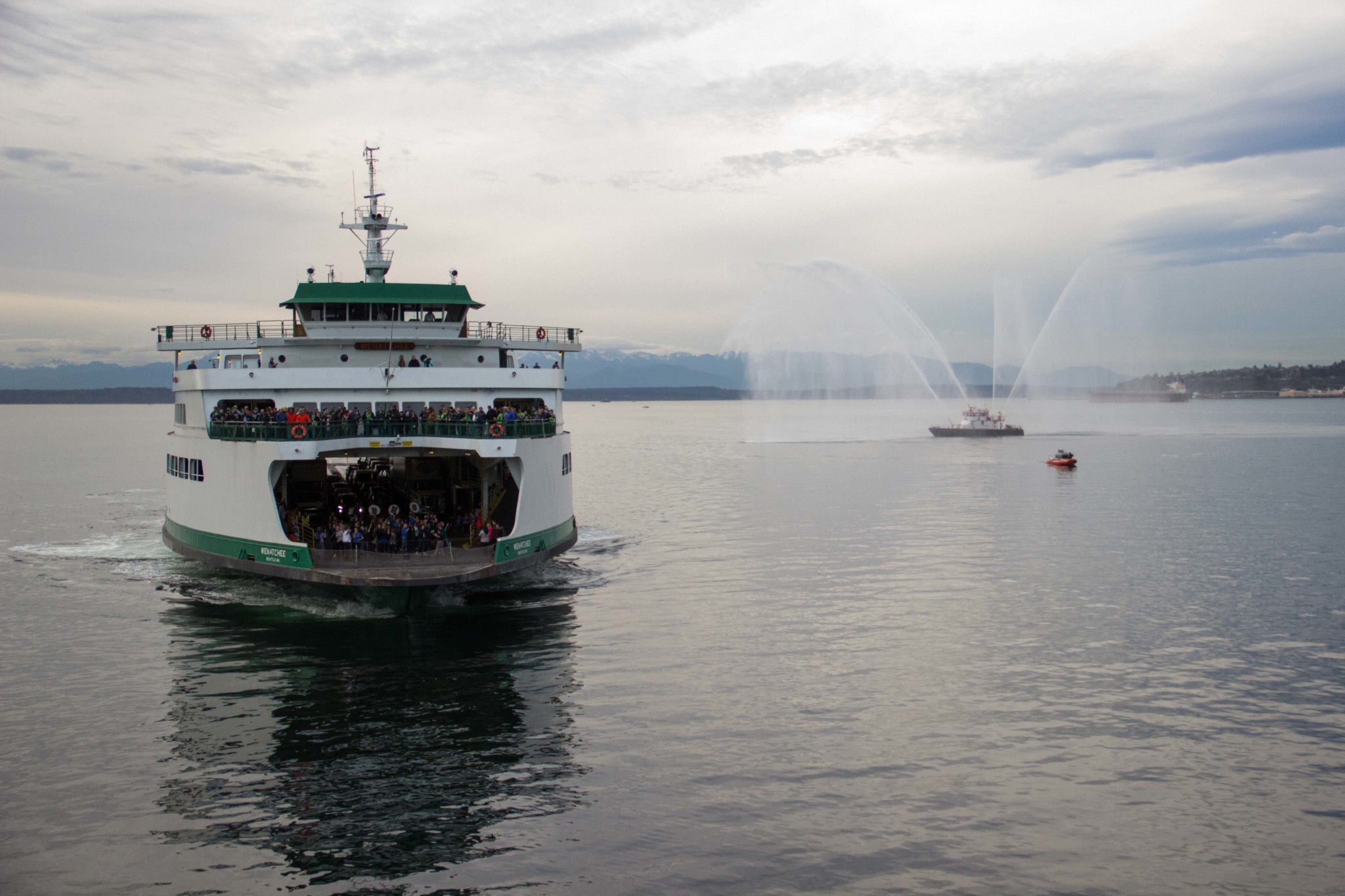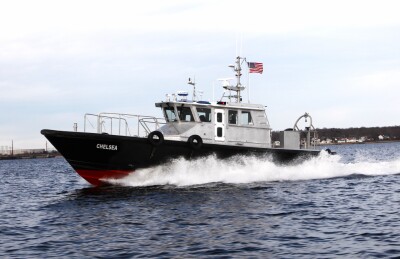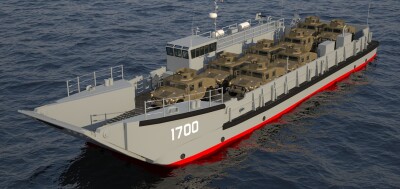Washington State Ferries is in the process of transitioning to hybrid-electric power on its Jumbo Mark II-class ferries. Earlier this year Elliott Bay Design Group (EBDG) prepared a hybrid system integration study to analyze the feasibility of modifying three Jumbo Mark II vessels to integrate battery power into the propulsion plant.
The study discussed the initial power and energy requirements for each route (Seattle to Bainbridge and Edmonds to Kingston), the sizing of the battery banks, new arrangements on the vessels, impacts to the existing system and lifecycle cost analysis.
Results from the Jumbo Mark II study not only proved the feasibility and financial justification of the vessel conversion but highlighted several long-term benefits for WSF ferries and the affected region. Benefits included zero-emission crossings on the proposed routes, major reductions in NOx and particulate emissions after the conversion and near elimination of diesel fuel consumption for the Jumbo Mark II vessels.
The three ferries in the class, the Tacoma, Wenatchee, and Puyallup, are the largest in the Washington state fleet and the biggest emitters of greenhouse gas emissions. Collectively, these three vessels burn approximately 4.2 million gallons of fuel per year — more than 26% of the fleet's consumption.
This project would have an impact in meeting Washington State Department of Transportation's 2020 emissions targets set by the state Legislature and complying with the governor's executive order to transition to a zero-carbon emission fleet.
"Hybridization of the Jumbo Mark IIs has the potential to accomplish Washington State Ferries' role of providing safe, affordable, and environmentally friendly transportation across the waters of Puget Sound in a revolutionary new way," Will Ayers, chief electrical engineer at EBDG, said in a prepared statement.
Ayers recently toured several European ferry operators to observe hybrid-electric vessels already in operation. "We have the ideal opportunity to learn from them and apply such technologies where it makes the most sense," Ayers said.





